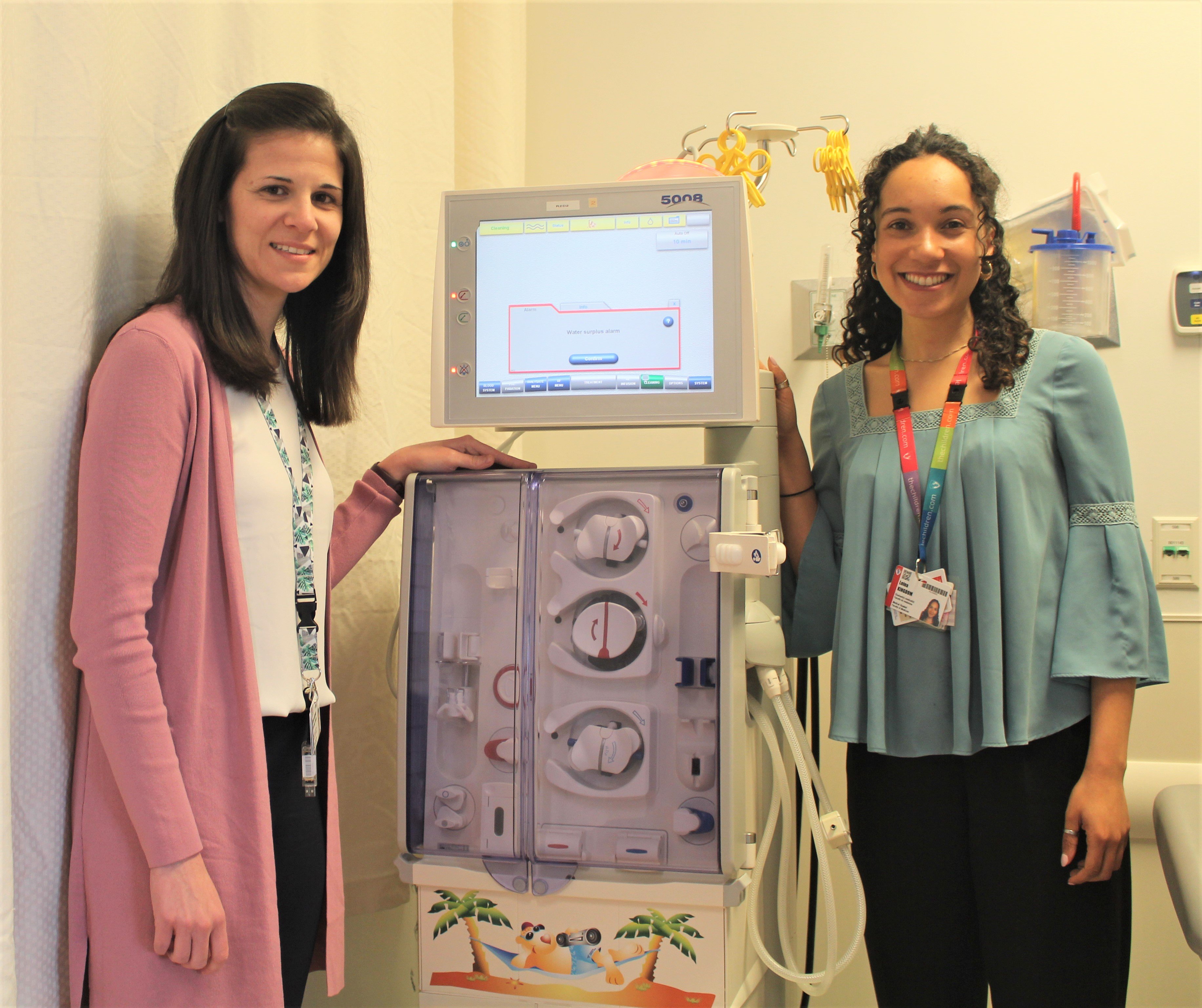

Introducing peanuts earlier to reduce allergies
14 August 2024
Montreal, August 14, 2024 – Introducing peanuts way before the age of three years old in babies’ diets has helped reduce the prevalence of allergies in this population, shows a recent study led by the Research Institute of the McGill University Health Centre (RI-MUHC) and based on patient data from the Montreal Children’s Hospital (MCH).
In 2017, the Addendum Guidelines for the Prevention of Peanut Allergy were adopted by the National Institute of Allergy and Infectious Diseases in the United States, recommending, among other things, that peanut butter be given to babies from the age of four to six months in order to reduce food allergies. At the time in Canada, peanut butter was not introduced until the child was three years old.
The effect of these new recommendations on allergies had never before been evaluated in Canada. The study Trends of peanut-induced anaphylaxis rates before and after the 2017 early peanut introduction guidelines in Montreal, Canada, recently published in Journal of Allergy and Clinical Immunology : In Practice,is the very first to look at this.
Researchers compared children with and without known peanut allergy who presented to the MCH Emergency Department (ED) for a severe allergic reaction (anaphylaxis) to peanuts between 2011 and 2019. Data after 2019 were excluded due to the COVID-19 pandemic, during which ED visits decreased significantly.
Of 2011 cases of anaphylaxis recorded between May 2011 and December 2019, 429 were triggered by peanuts. Of these, 180 cases had no known peanut allergy, compared with 249 who already had a known peanut allergy.
The team calculated ED presentation rates due to peanut-induced anaphylaxis in 4-months intervals. The trends were studied for children aged zero to two, who could potentially have benefited from an early introduction to peanuts as of 2017, and for children aged three to 17, who were already too old when the recommendations were adopted.
“We noted a decrease in the rate of peanut-related anaphylaxis after 2017 in children aged two and under who had never had a severe allergic reaction before. No significant change was seen in children aged three to 17, or in children of any age who already had a known peanut allergy,” explains senior study author Dr. Moshe Ben-Shoshan, a pediatric allergy and immunology specialist at the MCH and a scientist with the Infectious Diseases and Immunity in Global Health Program at the RI-MUHC.
More precisely, the yearly rate of change of first time peanut-induced anaphylaxis rates among children aged 0-2 years decreased by 7.96 cases per 100,000 age-adjusted all-cause ED visits per 4 months, per year. This means that the trend of anaphylaxis rates measured every four months has significantly decreased since guidelines implementation in 2017, specifically in the age 0-2 population who did not already have established allergies to peanuts.
A positive impact
Over the past decade, food allergies have increased significantly in North America. In Canada, peanut allergy is the most common food allergy in children and the leading cause of anaphylaxis, which can be life-threatening.
The results of this study therefore demonstrate the importance of policies such as the adoption of new recommendations in order to save lives, and reduce costs and the use of healthcare system resources.
A similar study in Australia recently confirmed a slowdown in the growth of food-induced anaphylaxis rates since the adoption of guidelines promoting early food introduction.
Subsequent research will be needed to validate the data from the MCH study in other regions of Canada and to verify whether this trend can be applied to other types of allergenic foods. It is also important to study adherence to the guidelines by non-allergist physicians and the public, as well as any other demographic and socioeconomic factors that may influence ED presentations for anaphylaxis.









